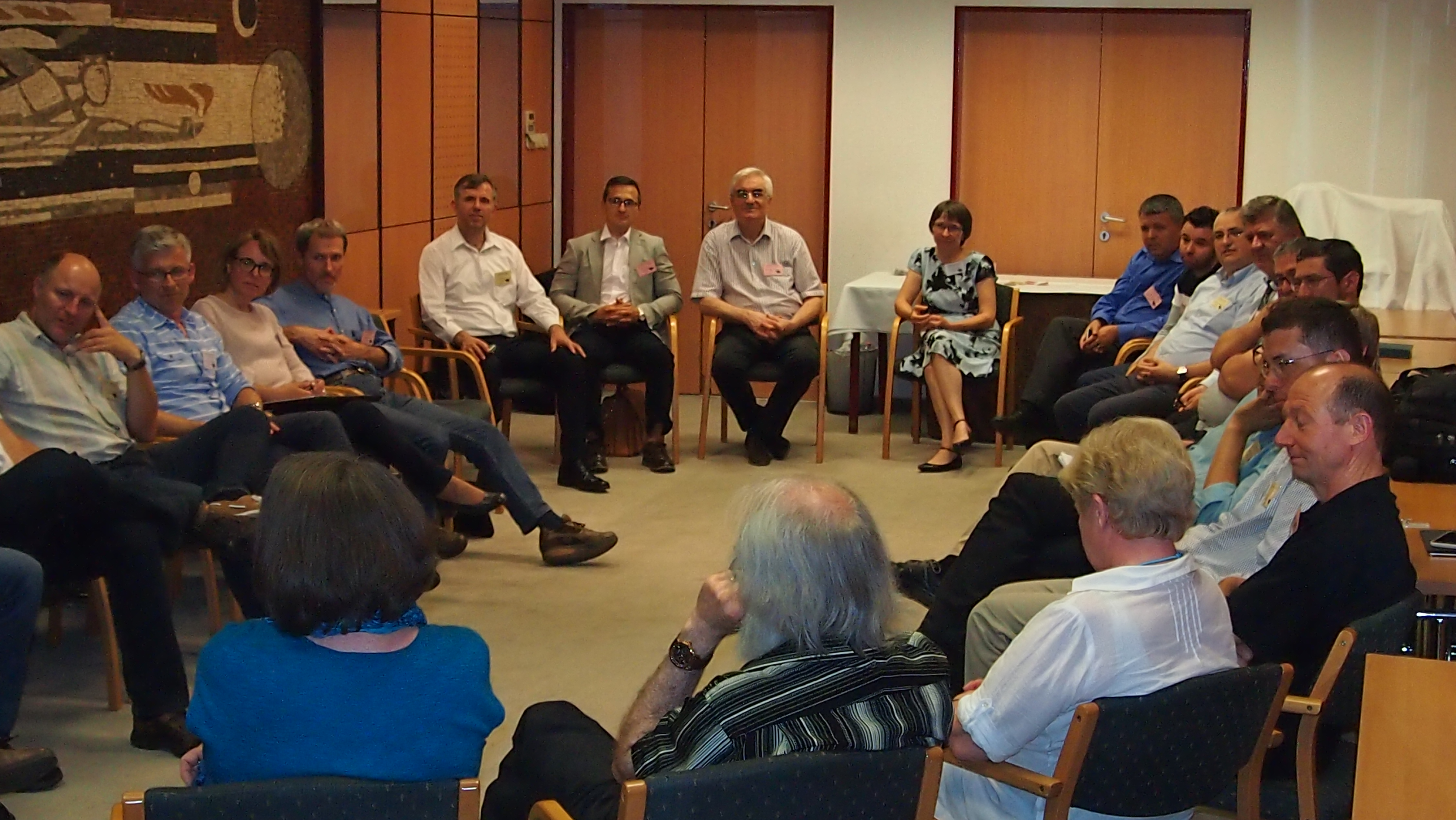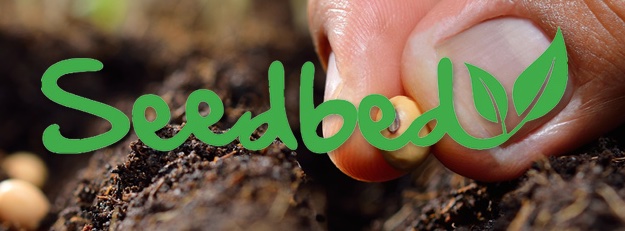In May this year, editors and contributors of the Central Eastern European Bible Commentary (CEEBC) gathered for an important meeting in Budapest. Over five days, 34 people from 18 countries attended workshops, received training and discussed their work. Aleksandar Apostolovski, from Macedonia, is writing the commentary on the book of Jeremiah. He explained to Langham Literature Director Pieter Kwant that he’s been dreaming of writing a commentary since he was a teenager. Aleksandar says his involvement with this project is a “bit of a miracle”.
Aleksandar Apostolovski: In my teenage days, one thing that I used to dream about was that I would someday be able to write a commentary. I remember that I would get up at 5 am on a Saturday to do my own little Bible study and take my own notes on the texts and ultimately pretend and write something that would resemble a commentary.
Why Jeremiah?
Aleksandar Apostolovski: Jeremiah has been my passion for many years, and there are three personal reasons for wanting to focus on this book. I met God when I was young, so roughly just before I became a teenager. And God’s opening words to Jeremiah are: do not say ‘I’m young’ because wherever I send you, you will go, and whatever I tell you, you will speak. Those words have been very important to me.
The second reason is because of personal suffering that the prophet undergoes and especially his very, very personal prayers in ch. 11-20. I have the misfortune of having been born with severe visual impairment and those prayers have helped me over the years to ask the ‘why’ question and the ‘how long’ question that are so typical of biblical prayers and that are so necessary when Christians deal with suffering of that type. And the third reason: The book of Jeremiah offers a rare case that, when anyone sees scholarship or intellectual pursuit as their calling, the book can offer lots of inspiration because it depicts a lot of intellectuals at work.
Pieter Kwant: Tell me a little bit more about your impairment.

Aleksandar Apostolovski is studying for a PhD at the University of Aberdeen.
Aleksandar Apostolovski: The usual terminology employed on this subject would classify me as partially sighted. The impairment is such that modern medical science knows very well what the problem is, but has no clue whatsoever how to treat it. This has been a huge issue, I’ve spent much time in my early childhood in eye clinics undergoing all kinds of examinations in order to arrive at the conclusion that this thing cannot be treated.
Creative ways to read the Bible
Aleksandar is studying for a PhD at the University of Aberdeen, looking at “creative ways how to read the Bible with people who have never done so”.
Aleksandar Apostolovski: In particular, I’m looking at references to reading and writing in the book of Jeremiah and comparing them with modern novels and modern films that talk about reading and writing.
Pieter Kwant: So how is your eye impairment affecting your studies?
Aleksandar Apostolovski: I think I take twice as long to read an equal amount of text, like if a normal person reads about 20 pages a hour, I can only manage 12. And that’s because, unlike a normal person whose eyes move over the page, I need to move the entire head. That’s one obvious drawback.

The CEEBC editorial meeting in May this year – see Aleksandar Apostolovski on the front row.
Pieter Kwant: So it seems almost like a miracle that you’re studying theology?
Aleksandar Apostolovski: It is a miracle that I’m studying theology, but it is also a calling. It was very early, interestingly enough. As I said, I became a Christian around the age of 12. This is the time when we transition from primary to high school. From very early on I had a passion for the Bible and I would spend hours reading the Bible and books related to the Bible, I would read commentaries at the age of 14-15. I knew fairly early on that I wanted to study theology. When I finished High school, by the grace of God, I had the grades to study anything I wanted but the only thing I wanted to study was theology.
Infinite value for future generations
Pieter Kwant: Do you have some sense of fulfilment and calling coming together now in writing this commentary and participation in the CEEBC?

34 people from 18 countries attended workshops, received training and discussed their work on the CEEBC commentary.
Aleksandar Apostolovski: I’m very enthusiastic because I really feel that it offers me an opportunity to fulfil my three-fold calling of researching, writing and teaching. And it is also an opportunity to provide something of infinite value, potentially, for future generations.
We don’t know the future, it is in God’s hands, but the hope of the resurrection allows us to dream big some times. So why not dream for millions of people over the years and over the decades being challenged to read the Bible and apply it to their lives.
Directed my passion
Pieter Kwant: You have been taught by a Langham scholar in Osijek but you have also been inspired by a Langham scholar in Macedonia?
Aleksandar Apostolovski: Yes, one of the most influential people in my life, both as a Christian and as an intellectual, is Langham Scholar Kosta Milkov. He was the one who directed all of the passion that I had and gave me a lot of what I know about how to read and apply the Bible. Much comes from his willingness to explore and ask questions, he encouraged me to discover answers for myself while at the same time knowing that I was in a safe environment. He loved me and prayed for me. The work of Kosta and Nada was an inspiration in my life for many years because of their passion for culture, not only interacting with but also creating culture.
Pieter Kwant: Well, this sounds like an amazing story of people doing God’s will, walking God’s ways. And the resulting miracles by which God prepared you as a 12-year old to be part of this project. And we’re so pleased to have you as a contributor in this Commentary, writing particularly on Jeremiah. Looking forward to your contribution, looking forward to your insights.
Aleksandar Apostolovski: Looking forward to see what God will do through this Commentary over the years.
Can you join Aleksandar in dreaming big for the future generations of Central & Eastern European Believers? Help them read and apply the Bible by donating towards producing the Romans section of the commentary.
